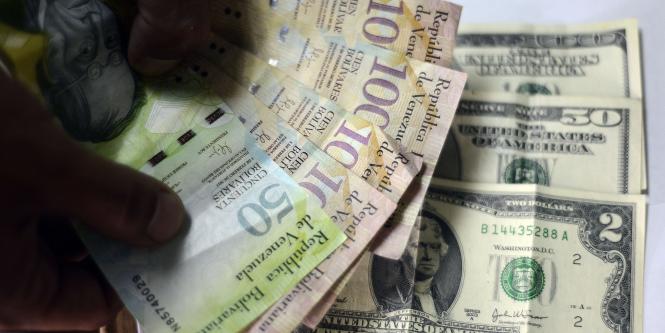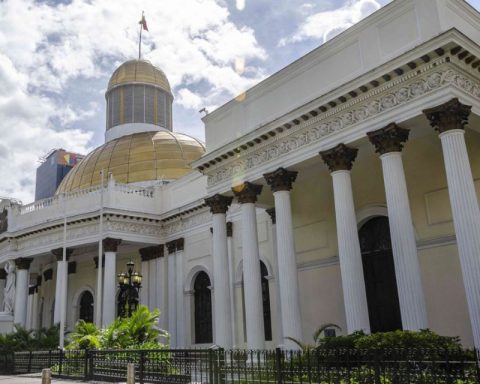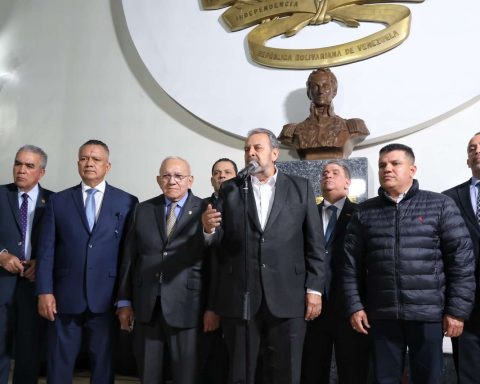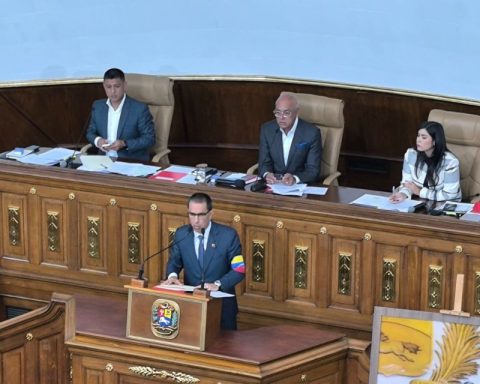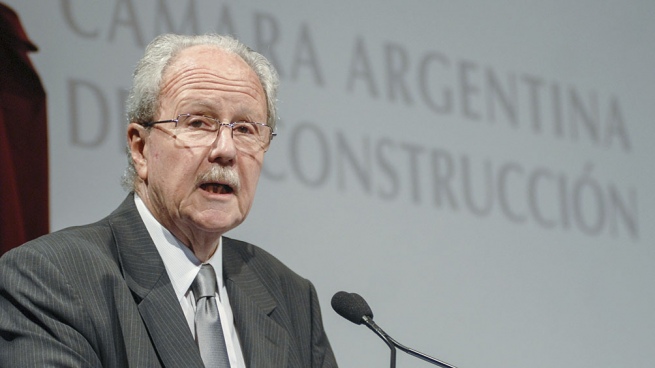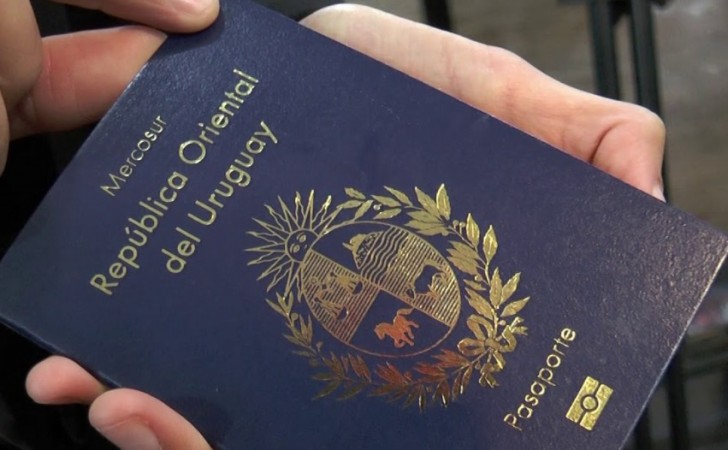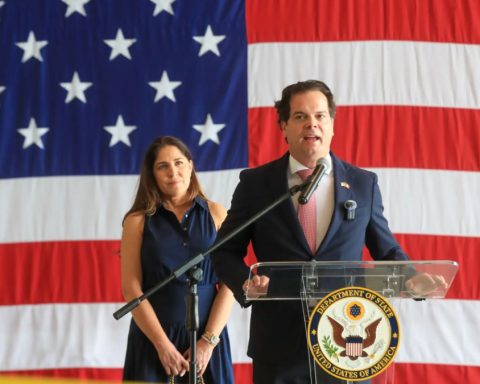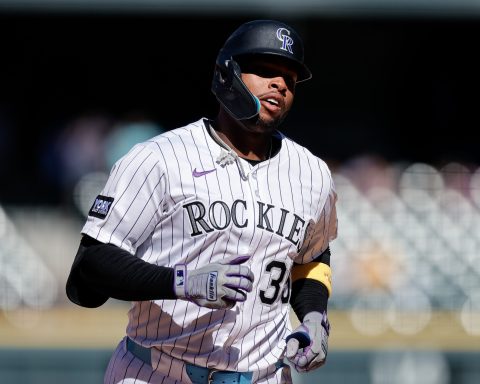
The devaluation of more than 30% of the bolivar against the dollar in just two weeks – simply attributed by Nicolás Maduro to a “group of unscrupulous” – is ending the illusion of growth and prosperity that the government had been nurturing since the beginning of 2021, when the country began to overcome the most severe moments of the crisis unleashed as of 2013, at which time oil prices began to retreat rapidly, bringing to the surface all the excesses committed by Hugo Chávez during his long and tragic mandate. Excesses that his successor was not able to correct or amend.
The mirage of “Venezuela was fixed” promoted by the regime, has been based on a certain liberalization of the economy: lifting of price and exchange controls, widespread use of the dollar, permission to import a large quantity of goods without paying tariffs or canceling very low rates, moderate reduction of the legal reserve, which has made it possible to activate a little credit for industrial and agricultural entrepreneurs. Of this set of measures, which do not respond to an articulated global plan that the nation knows and discusses, the attempt to subdue inflation by cutting the price of the dollar through the contributions of the Central Bank of Venezuela to the exchange market stands out. Through this mechanism, and the strict reduction of public spending, the BCV had been able to prevent the price of the US currency from going out of control and dragging with it the value of numerous products that are directly impacted by the behavior of the dollar.
This device was able to work for some time due to the increase in crude oil prices as a result of the Russian invasion of Ukraine and the slight increase in oil production, which has managed to stabilize around 700,000 barrels per day. The conjunction of these two factors gave the government a break. However, once the initial beneficial effect has passed, the regime and the country have once again come up against the harsh reality: Venezuela does not generate the volume of foreign exchange that would satisfy the demand of an economy that is highly dependent on the dollar; Not even the government –despite successive monetary reforms- has managed to create the necessary confidence in the bolivar, which is why people take refuge in the dollar whenever they can to protect their funds in national currency.
The generation of domestic foreign exchange is very low because the regime’s capacity to increase oil production remains scant. The government blames international sanctions, but the truth is that the fundamental cause of this decline lies in the systematic destruction of PDVSA since the 2002-2003 strike. As of that date, the decline of the company begins, with no glimpse of its recovery. It is not possible to cover this deficit in the near future because Venezuela is highly dependent on foreign exchange generated by the oil industry. The other export items generate a scarce flow of dollars, including non-traditional products -despite the efforts of some businessmen to internationalize- and tourism -negatively impacted, first by the pandemic and then by the deterioration of public services- . We will have to wait a few months to see what happens when trade relations with Colombia are restored. According to the level and diversification of the growth that the neighboring country has had during the last decades, it is highly likely that the trade balance favors Colombians much more in the short term.
Faced with the current picture, the waste of the abundant financial resources that entered the country during the first decade of the 21st century, when petrodollars were navigated, becomes more pathetic. Hugo Chávez and his comrades wasted that money. They put an end to the Venezuelan Investment Fund, the savings bank that the nation had to face without anguish the ups and downs of the oil market. They turned it into the Fund for National Development. With this screen they plotted, among many mistakes, a happy policy of gifts to Cuba, Argentina, Nicaragua, Bolivia and other cronies; they founded Petro Caribe, in order to have the small Antillean islands gagged; and they signed million-dollar agreements with Odebrecht to build works that were never built, but represented juicy profits for their owners and intermediaries.
Now the government, after a quarter of a century of outrages, has no way of dealing with the uprising of the dollar. For the hierarchs of the regime, this mutiny does not represent any obstacle. Your savings are well protected in tax havens. The drama will be lived by the popular sectors and the middle classes, who are seeing how their incomes are consumed by the devaluation. Goodbye, illusion of change.
@trinomarquezc
